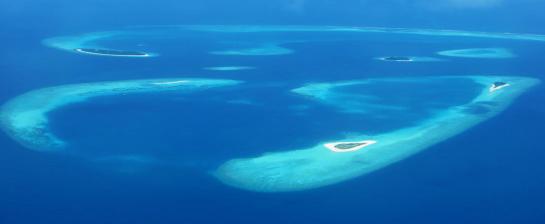The current fragile state of ocean health is a bellwether for the earth’s changing climate. The impact of human activities on marine ecosystems threatens human and other species’ well-being.
The Ocean Policy Program at the Nicholas Institute for Energy, Environment & Sustainability draws on Duke University’s expertise to support policies promoting a healthy ocean for shared prosperity. The program serves as a bridge between policy makers around the world and Duke’s vast natural sciences expertise to support ocean health assessment and policy impact evaluation, social sciences and legal expertise to inform policy formulation and adoption, and finance expertise to leverage resources for policy implementation.
Hundreds of millions of people around the world live at close proximity to the shoreline, and sea level rise due to climate change will affect their ability to live in these coastal regions. These same people depend on the ocean’s resources for food security, nutrition, and health, as well as for livelihoods, homes and shelter, and sustainable economic growth. Many of these resources are threatened by climate change, pollution, acidification, overfishing, and degradation and loss of natural habitats.













